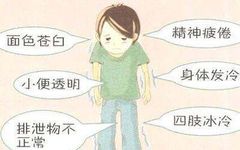Qi Huang Xue SheMaking Traditional Chinese Medicine More Beautiful | More Interesting | More Relevant to Life
Blood deficiency refers to the pathological phenomenon of insufficient yin blood in the body. It can be caused by excessive blood loss, prolonged illness leading to the depletion of yin blood, or dysfunction of the spleen and stomach, where the essence of food cannot be transformed into blood. Below, we will explain the symptoms of blood deficiency.
Article Directory
1. Symptoms of Blood Deficiency
2. Recovery and Health Care for Blood Deficiency
3. Disease Prevention for Blood Deficiency
1. Strengthening the Spleen and Stomach
2. Nourishing Qi and Generating Blood
3. Tonifying the Kidneys to Generate Blood
4. Invigorating Blood Circulation
5. Detoxifying to Generate Blood
1. Symptoms of Blood Deficiency
Blood is the essential material basis for life activities in the human body, containing various nutrients needed by the body, and plays a nourishing role for all organs and tissues. If qi and blood deficiency occurs due to various reasons, a series of pathological conditions may arise. These can mainly be summarized into two aspects: the failure of organs to nourish and the inability of blood to carry qi.
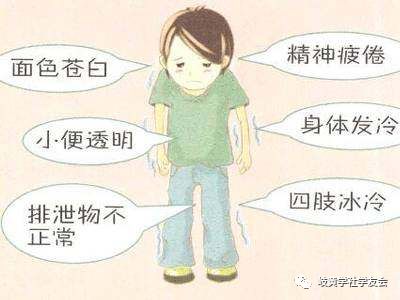
1. Failure of Organs to Nourish: Generally manifested as pale complexion, pale lips and nails, dizziness, numbness of limbs, muscle spasms, palpitations, insomnia with vivid dreams, dry skin, brittle hair, as well as constipation and difficulty urinating.
2. Blood Cannot Carry Qi: Traditional Chinese Medicine (TCM) believes that blood is the mother of qi, and qi relies on blood to attach. When blood is deficient, qi cannot attach, leading to deficiency symptoms. Therefore, blood deficiency is often accompanied by qi deficiency, where patients not only exhibit symptoms of blood deficiency but also show signs of qi deficiency such as shortness of breath, low energy, and fatigue.
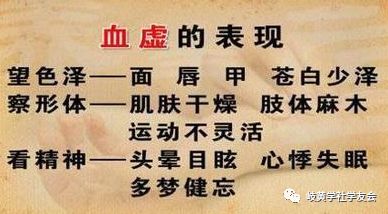
Blood is the essential material basis for life activities in the human body, containing various nutrients needed by the body. Under the combined action of the heart and lung qi, it nourishes the internal organs and reaches the muscles and bones, playing a nourishing role for all organs and tissues. However, if qi and blood deficiency occurs due to various reasons, a series of pathological conditions may arise. These can mainly be summarized into two aspects: the failure of organs to nourish and the inability of blood to carry qi.
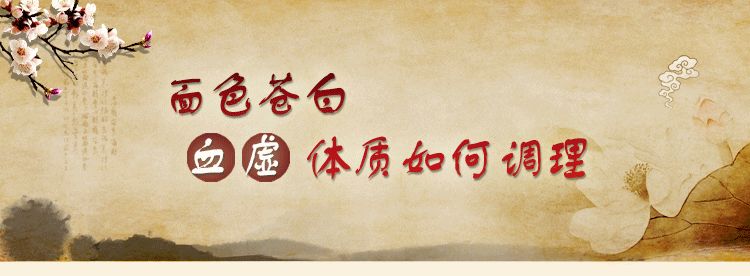
2. Recovery and Health Care for Blood Deficiency
1. Dietary Nourishment
Regularly consume foods that nourish blood, such as spinach, peanuts, lotus root, black fungus, chicken, pork, lamb, and sea cucumber. Fruits can include mulberries, grapes, red dates, and longan.
2. Mental Nourishment
Individuals with blood deficiency are prone to mental fatigue, insomnia, forgetfulness, and difficulty concentrating. Therefore, it is important to focus on mental nourishment and maintain concentration.
3. Lifestyle Nourishment
Go to bed early to ensure adequate sleep, which nourishes liver blood. Those with blood deficiency should avoid excessive fatigue and should act within their limits to prevent depleting qi and blood. Since the liver stores blood, when a person lies down, blood returns to the liver, nourishing liver qi. Therefore, individuals with this constitution should go to bed early, ensuring sufficient sleep, ideally not later than 11 PM, to nourish liver blood.
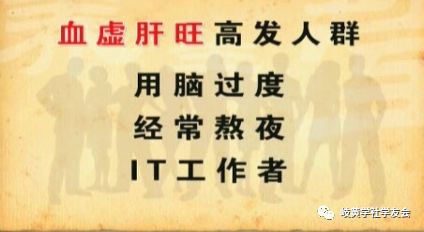
4. Medicinal Nourishment
Commonly used blood-nourishing herbs include Dang Gui (Angelica Sinensis), Shu Di Huang (Rehmannia Glutinosa), Chuan Xiong (Ligusticum Chuanxiong), Bai Shao (Paeonia Lactiflora), and Ejiao (Donkey-hide Gelatin). These herbs can be combined with blood-nourishing foods to create delicious medicinal dishes, such as Dang Gui Lamb Soup and Four Substance Chicken Soup (Dang Gui, Shu Di Huang, Chuan Xiong, Bai Shao stewed with chicken), which have excellent blood-nourishing effects.
5. Eye Care
Traditional Chinese Medicine holds that “prolonged viewing harms blood,” so individuals with blood deficiency should pay attention to resting and caring for their eyes to prevent excessive eye strain from depleting qi and blood. Common blood-nourishing ingredients include mulberry leaves, red dates, black sesame, walnut kernels, longan, rock candy, and yellow wine. These can be used to make pastries, such as Ejiao Mulberry Paste, which is highly effective.
3. Disease Prevention for Blood Deficiency
1. Strengthening the Spleen and Stomach
The spleen and stomach are the source of blood production. With a balanced diet and normal spleen and stomach function, blood production will naturally be continuous.
Therefore, to nourish blood, one must first strengthen the spleen and stomach. A strong spleen and stomach ensure a continuous source of blood production. Commonly used formulas include Si Jun Zi Tang (Four Gentlemen Decoction), Si Wu Tang (Four Substance Decoction), and Dang Gui Bu Xue Tang (Dang Gui Blood Nourishing Decoction). Always consult a physician before using formulas shared by Qi Huang Xue She.
2. Nourishing Qi and Generating Blood
The material basis of blood is essence, and qi is the driving force that promotes the transformation of essence into blood. In the Qing Dynasty, Li Zhongzi stated in “Yi Zong Bi Du”: “Both blood and qi are essential, and nourishing qi comes before nourishing blood; both yin and yang are needed, and nourishing yang comes before nourishing yin.”“Wen Bing Tiao Bian” states: “Those who are good at treating blood do not seek tangible blood but seek intangible qi.”“Jing Yue Quan Shu” states: “Tangible blood is difficult to produce quickly, while intangible qi must be urgently secured.”
In clinical practice, based on the principle that “qi can generate blood,” qi tonics are often added to blood-nourishing herbs. Commonly used formulas include Gui Pi Tang (Restore the Spleen Decoction) and Dang Gui Bu Xue Tang; commonly used qi tonics include Huang Qi (Astragalus), Ren Shen (Ginseng), Dang Shen (Codonopsis), Bai Zhu (Atractylodes), Huang Jing (Polygonatum), Shan Yao (Chinese Yam), and Da Zao (Jujube); these can be paired with blood-nourishing herbs such as Dang Gui, Bai Shao, Ejiao, and Shu Di Huang. Always consult a physician before using formulas shared by Qi Huang Xue She.
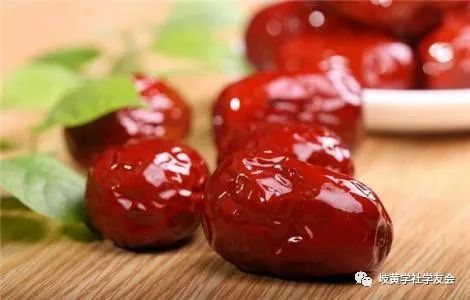
3. Tonifying the Kidneys to Generate Blood
The kidneys are the foundation of congenital essence and are responsible for storing essence. Essence includes both congenital essence and the acquired essence from the five organs. Essence can produce marrow, and marrow can transform into blood. Additionally, the Ming Men (Gate of Life) in the kidneys is where the original qi resides, the root of the twelve meridians, and the source of transformation, which is also the driving force for nourishing blood production.
Thus, TCM states that “the root of blood production lies in the kidneys.” In clinical practice, to treat blood deficiency, one must tonify the kidneys to replenish essence; with sufficient essence and marrow, blood will naturally flourish. Commonly used formulas include Tu Si Zi Yin (Cuscuta Decoction) and Er Xian Dan (Two Immortals Pill). Common kidney tonics include Lu Rong (Deer Antler Velvet), Lu Jiao Jiao (Deer Horn Glue), Ejiao, Gui Ban Jiao (Tortoise Shell Glue), Ba Jiao Tian (Morinda Root), Suo Yang (Cynomorium), Yin Yang Huo (Epimedium), Bu Guo Zhi (Psoralea), Tu Si Zi (Cuscuta), Fu Zi (Aconite), Rou Gui (Cinnamon), He Shou Wu (Fo-Ti), Shu Di Huang, Goji Berries, and Zi He Che (Placenta). Always consult a physician before using formulas shared by Qi Huang Xue She.
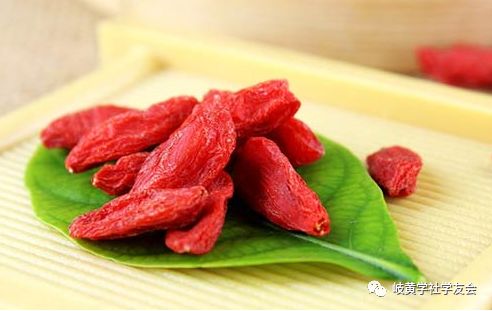
4. Invigorating Blood Circulation
Whether the blood transformed from the essence of food or the essence of marrow must be released and transported through the meridians and marrow pathways to circulate throughout the body.
The essence transforms into blood, relying on congenital factors, and is nourished by acquired factors. The essence from food and the organs also relies on the meridians for transport, converging in the Chong Mai (Penetrating Vessel) – the sea of blood, and connecting with the kidney’s major collaterals to nourish the kidneys and the bone marrow.If qi and blood are obstructed, and the meridians are not open, it will lead to insufficient nourishment of the bone marrow, resulting in a lack of blood production.Commonly used formulas include Tao Hong Si Wu Tang (Peach Blossom Four Substance Decoction), Bu Yang Huan Wu Tang (Tonifying Yang and Restoring Five Decoction), and Xue Fu Zhu Yu Tang (Blood Mansion Invigorating Decoction). Commonly used blood-activating herbs include Dang Gui, Chuan Xiong, Dan Shen (Salvia), San Qi (Notoginseng), Dan Pi (Moutan), and Xiang Fu (Cyperus). Always consult a physician before using formulas shared by Qi Huang Xue She.
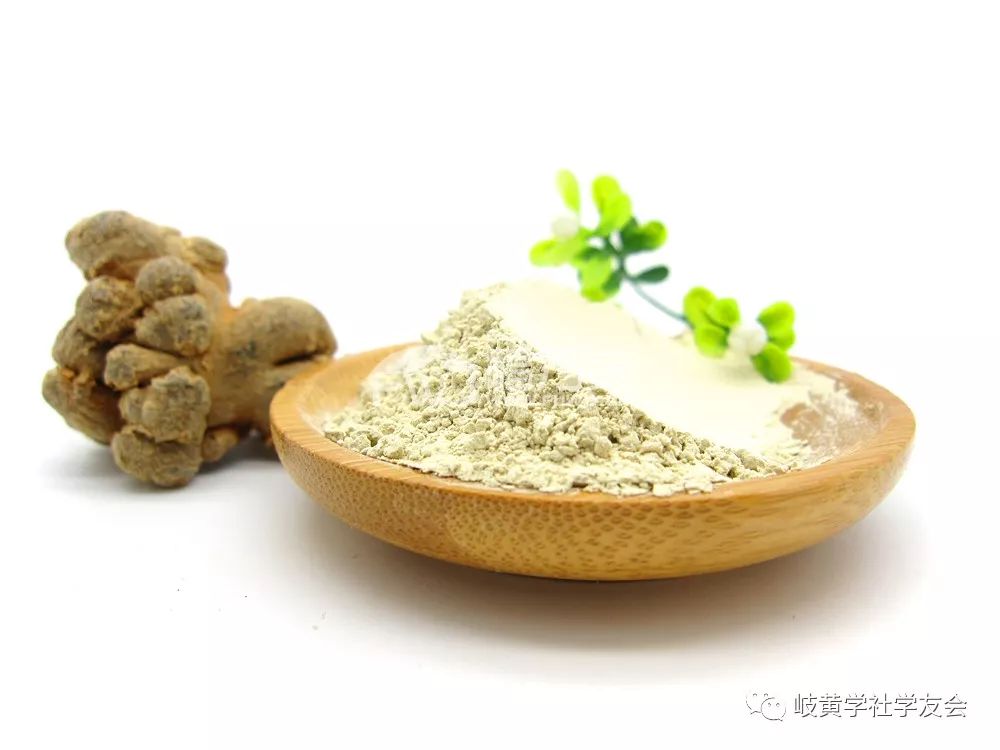
5. Detoxifying to Generate Blood
TCM believes that whether due to internal emotional disturbances or external environmental factors, prolonged stagnation can lead to heat, and heat easily depletes blood and injures yin. Furthermore, chemical, physical, or biological toxins can directly cause deficiency of essence and marrow, leading to a lack of blood production.
Internal toxins or emotional heat can also obstruct the meridians, causing new blood not to be produced, thus requiring heat-clearing and detoxifying treatments. Commonly used formulas include Xi Jiao Di Huang Tang (Rhinoceros Horn and Rehmannia Decoction), San Huang Shi Gao Tang (Three Yellow Gypsum Decoction), Yin Chen Hao Tang (Artemisia Yinchenhao Decoction), Wu Wei Xiao Du Yin (Five Flavor Detoxifying Drink), Qing Ying Tang (Clearing Nutrients Decoction), and Qing Wen Bai Du Yin (Clearing Epidemic and Detoxifying Drink).Commonly used heat-clearing and detoxifying herbs include Pu Gong Ying (Dandelion), Yin Hua (Lonicera), Lian Qiao (Forsythia), Bai Hua She She Cao (Hedyotis), Ban Lan Gen (Isatis), Da Qing Ye (Isatis Leaf), Huang Lian (Coptis), Huang Qin (Scutellaria), Huang Bo (Phellodendron), Zi Hua Di Ding (Viola), Da Huang (Rhubarb), Zi Cao (Lithospermum), Yin Chen (Artemisia), and Ban Zhi Lian (Scutellaria). These are commonly used in cases of acute aplastic anemia, acute leukemia, and hemolytic anemia.

Special Reminder: A beautiful day begins! We hope the articles from Qi Huang Xue She bring you a good mood for the day. If you like the article, don’t forget to click the “Looking” button at the bottom right of the article or share it in your circle of friends!. Due to network limitations, follow me for more! May you become your own divine doctor.

